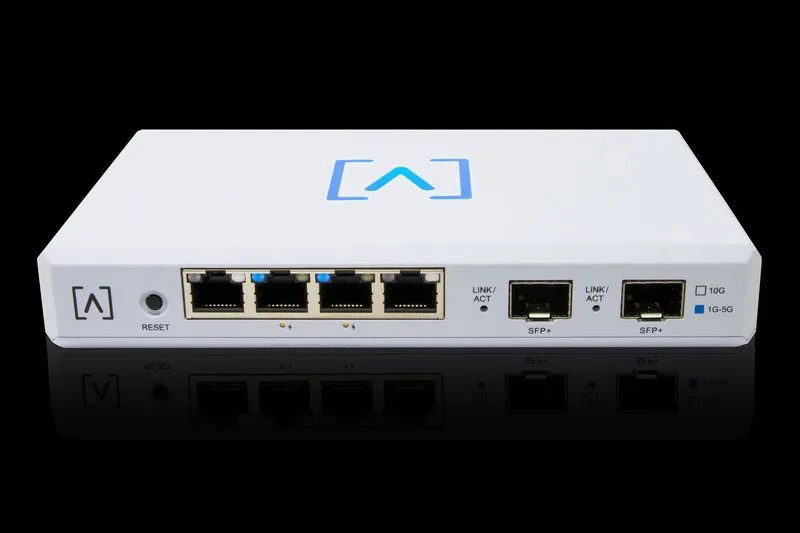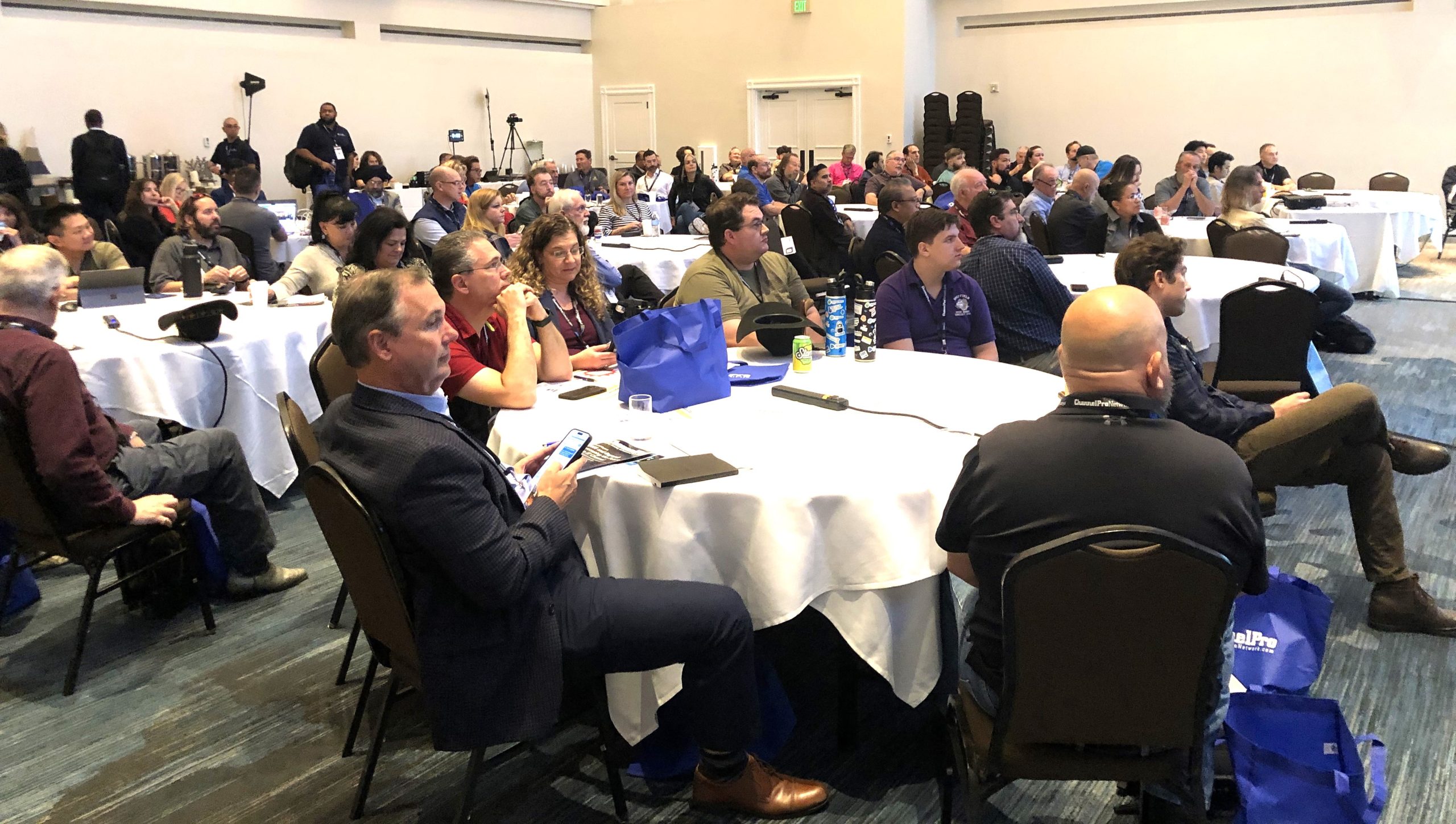Wariness over uncertain political and economic conditions has global IT professionals largely planning to stay the course on spending and staffing in 2017, according to new research from Spiceworks, the Austin, Texas-based membership organization and managed service software vendor.
Respondents to Spiceworks’s 2017 State of IT survey projected flat overall IT spending and headcount at their organization next year, as well as a one percent dip in managed service outlays, unchanged spending on laptops, and a three percent decrease in desktop purchases.
Furthermore, the study suggests that the investments most companies do make next year will largely be motivated by necessity. When asked to list the issues driving their technology spending in 2017, 70 percent of poll participants named pending end of life milestones for aging legacy systems, 63 percent cited additional needs due to company growth, and 56 percent pointed to previously scheduled refresh cycles.
There’s plenty of technology badly in need of an upgrade too. Alarmingly, some 56 percent of surveyed IT pros say their organization still uses Windows XP, even though Microsoft hasn’t been issuing security updates for that operating system since 2014. Another 52 percent of businesses still have instances of Windows Server 2003, which hasn’t been supported by Microsoft since 2015, and 51 percent are still running Office 2007, which EOLs next year.
The tepid IT spending Spiceworks members forecast for next year stands in contrast to the increased revenue fully 60 percent of them expect their organization to collect. A possible explanation for that apparent discrepancy lies in another result: Some 30 percent of polled IT pros cited unpredictable political and economic conditions as an influence on their willingness to purchase IT products and services.
“A confluence of global events, such as political instability, slow economic growth, and unexpected affairs like the UK’s pending exit from the European Union have left IT professionals with more questions than answers as they relate to both short term and long term effects on their organization,” said Sanjay Castelino, vice president of marketing at Spiceworks, in a press release. “We expect IT departments to take a more cautious, conservative approach to IT investments in 2017 as they manage new regulations, fluctuating exchange rates, and other seen and unforeseen challenges.”
Spending will rise in at least one market despite that larger trend, according to the new study. Poll respondents expect their organization to devote 17 percent of its technology budget next year to hosted and cloud-based projects, up three percent from 2016. That relatively slight uptick reflects a more dramatic increase in the percentage of IT professionals who called hosted and cloud computing very or extremely important, which climbed from 29 percent in last year’s study to 38 percent in the latest edition.
Other insights from the Spiceworks study include these:
- IT pros expect their organization to spend about the same amount on laptops next year as on desktops, and a roughly equal sum on severs as well.
- Virtualization, productivity software, and operating systems, including Windows 10, will be the top three software budget priorities in 2017, with the first of those accounting for 15 percent of spending and the latter two accounting for 13 percent each.
- Of the money poll respondents plan to devote to managed services, 17 percent will go to MSPs, 15 percent will cover consulting fees, and 14 percent will pay for storage, backup, and archiving.
- 78 percent of surveyed IT pros said that end users at their organization have purchased unapproved “shadow IT” cloud services more than once.
The Spiceworks study polled 886 IT pros at both SMBs and enterprises in North America, Europe, the Middle East, and Africa. Some 85 percent of participants work at organizations with 500 or fewer people, however.













